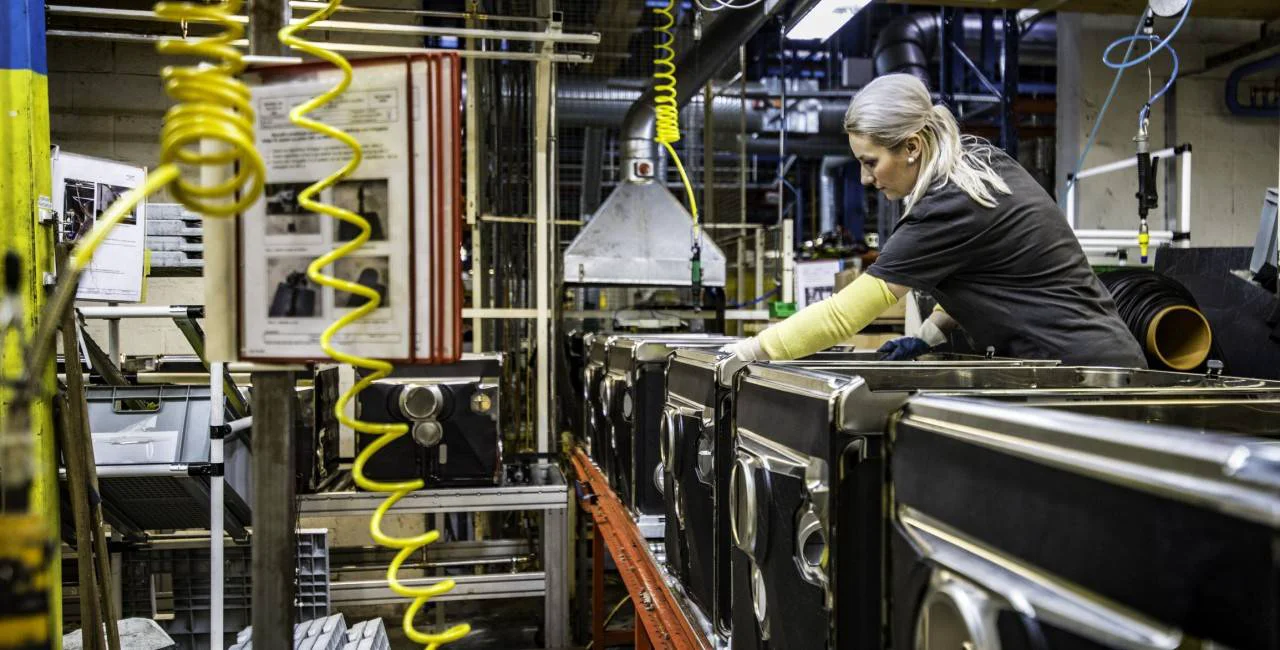By the end of April, 35,943 Ukrainian refugees had found employment in the Czech Republic, according to data provided by the Labor Office of the Czech Republic.
Under special visas granted to refugees by the Czech government following the Russian invasion of Ukraine, they have the same right to access work as Czech citizens or holders of long-term residence in the Czech Republic.
The Plzeň region of the Czech Republic currently employs the most refugees from Ukraine, at 5,885 people. A total of 5,278 refugees have found employment in the Central Bohemian region, while 3,875 are employed in the South Moravian region.
According to Viktor Najmon, Director General of the Labor Office, most of the refugees are seeking short-term employment. They have predominantly found work at assembly lines and in the fields of construction, production, and transportation.
"It is still true that most [refugees] coming to the Czech Republic are women with children, whose primary focus is the provision of care for their children and accommodation," Najmon told local media on Friday.
"Afterwards, they are interested in the possibility of making money. Currently, they are primarily looking for more short-term employment because they believe that they will return home soon."
According to the Interior Ministry, a total of 332,347 special visas have been granted to refugees from Ukraine as of last week. Many of these refugees subsequently leave the Czech Republic, though it is difficult for authorities to keep track of them.
During a speech at the Czech Chamber of Deputies on Friday, Interior Minister Vít Rakušan noted that the Czech aid provided to refugees would not be making a loss once one-third of them found work in the Czech Republic. This is due to the taxes and insurance payments that would result from their employment.
"The Czech Republic has managed to accept more than 3 percent of its total population," Rakušan stated while presenting the government's strategy for coping with the large wave of refugees that has resulted since Russia's invasion of Ukraine in late February.
According to the Interior Minister, approximately 45 percent of the Ukrainian refugees are children, and among the adults, 80 percent of them are female. Rakušan added that 63 percent of Czechs had actively assisted refugees or participated in providing them support.
Under the Czech government's current plan, assistance to refugees is split between three key stages.
The first is within 30 days after their arrival, when security and accommodation is ensured, and the second is between 30-180 days, during a period of adaptation to local society where language plays a key role. The third occurs after six months, and depends on whether they will plan to stay in the country long-term or return to their homeland.












 Reading time: 2 minutes
Reading time: 2 minutes 


























